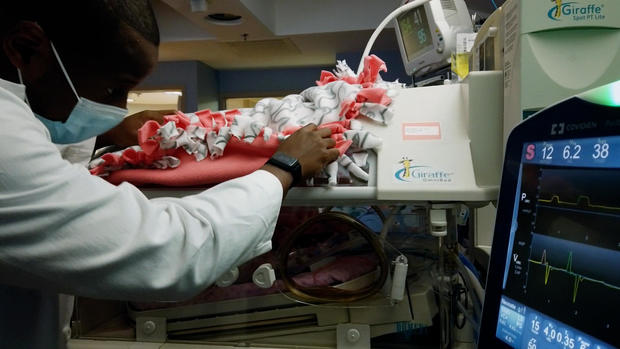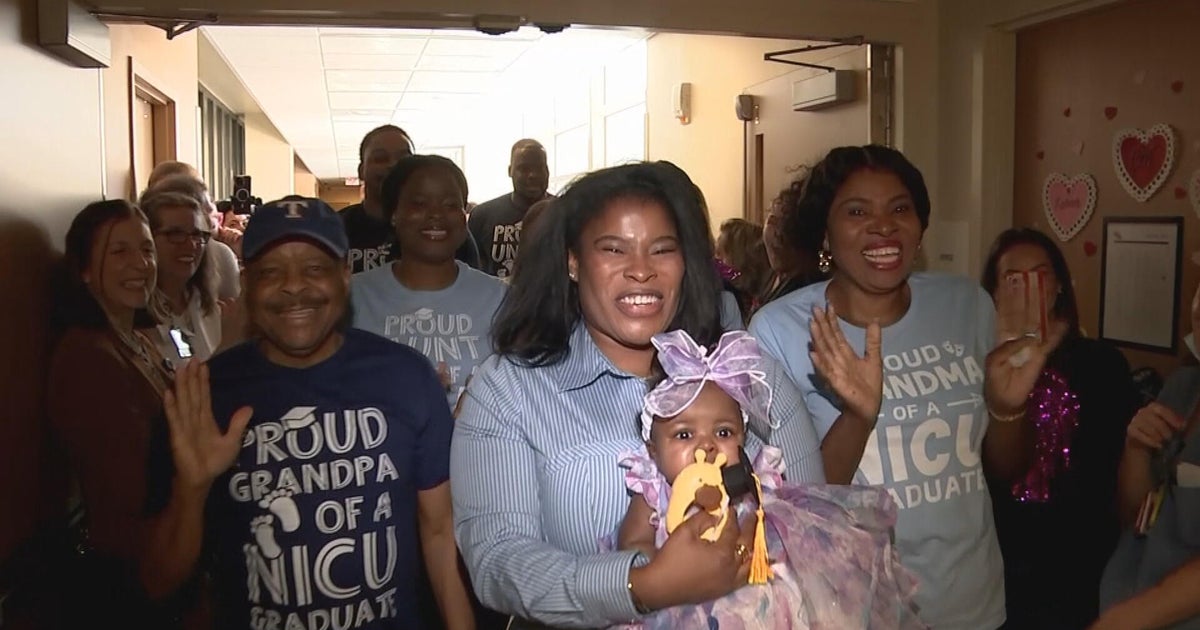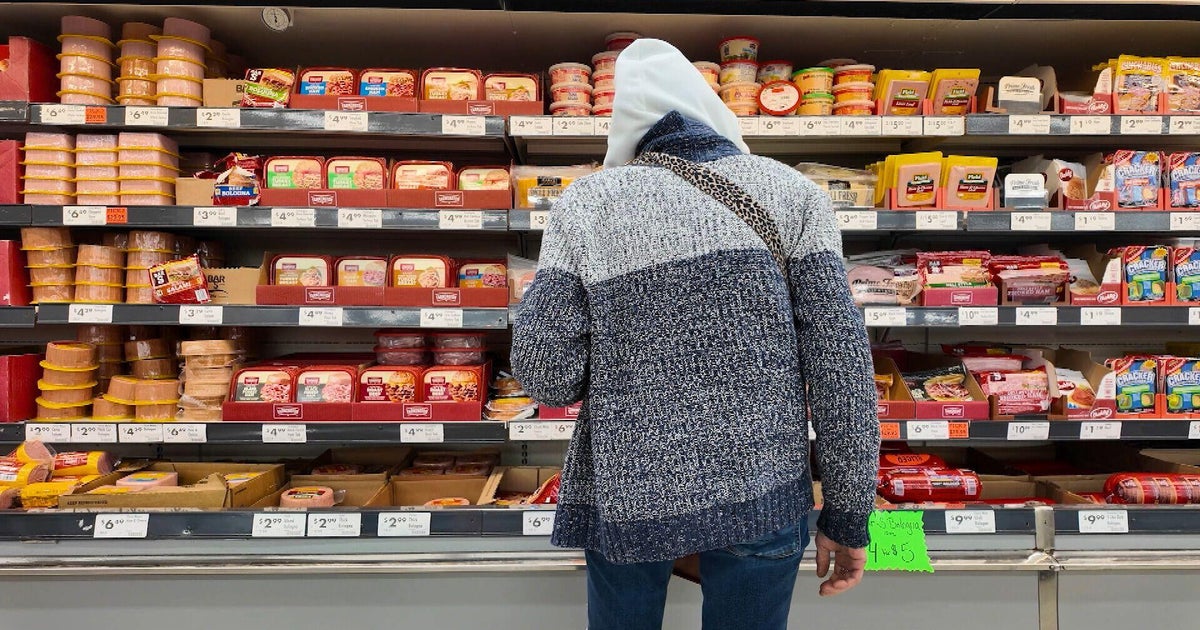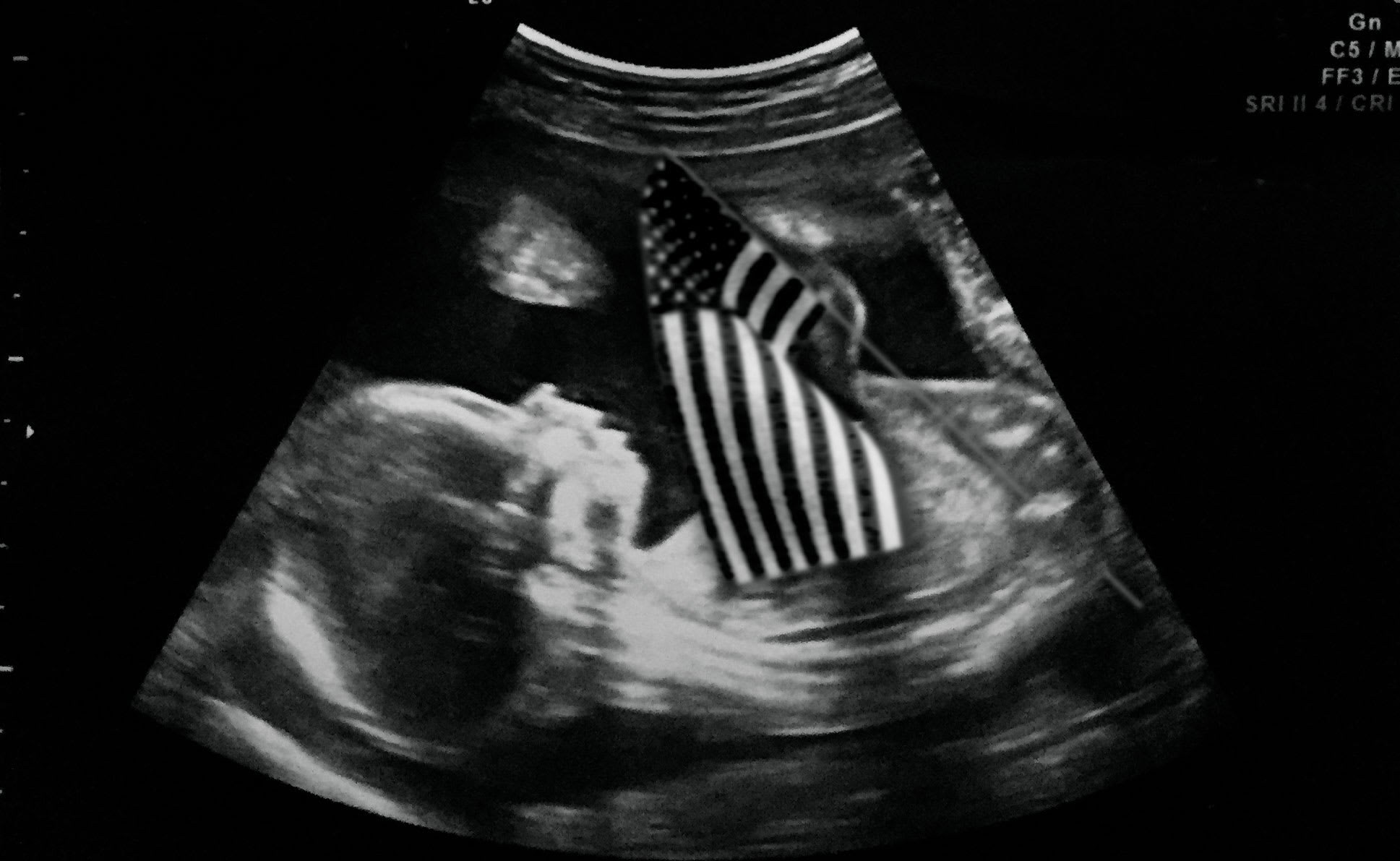COVID in the maternity ward
In the neonatal intensive care unit of University of Louisville Hospital last month, colorful blankets lay draped over incubators to reduce light for the newborns they cradled. Whiteboards on the wall detailed vital signs and stats. The sign next to the white blanket with pink trim showed the baby inside weighed 4 pounds. Her goals were to take bottles and stay warm. The board adjacent to the blanket with safari animals revealed that baby boy's goals were to breathe easily, bond with his family, and gain weight. He weighed 2.5 pounds.
As the division director of maternal fetal medicine and high-risk obstetrics at the hospital, Dr. Edward Miller also has goals. These days, one of his objectives is to make sure future babies do not end up in an incubator because their mothers contracted COVID-19 during pregnancy.
"While pregnancy doesn't make you more likely to get COVID, if you are pregnant and get COVID, you are more likely to have severe COVID," Miller told 60 Minutes in an interview last month. "So not only are we seeing pregnant moms that come in with COVID infections, but we're seeing a higher incidence of them having really, really significant reactions to COVID, whether it be the need to be intubated, have supplemental oxygen, and in the hardest case situations, be delivered early."
According to the Centers for Disease Control (CDC), pregnant women who contract COVID-19 are more likely to deliver their baby earlier than 37 weeks or experience a stillbirth. A peer-reviewed study in Scotland published last month found the same results. That study, which was released in the monthly journal Nature Medicine, found that unvaccinated pregnant women who contract COVID-19 are more likely to be hospitalized for the virus, and their newborns are more at risk of dying within the first month after birth.
The risk of stillbirth or neonatal death among babies born to unvaccinated women infected with COVID-19 was more than four times higher than those for babies born among the general population, the study found.
The Lancet last month published a study led by the Institute for Systems Biology in Seattle, which examined the impact of a COVID-19 infection on birth outcomes. The study found that unvaccinated pregnant women who contract COVID-19 are more likely to experience poor birth outcomes, regardless of the severity of their infection. The study also reported a correlation between the timing of the infection during the pregnancy and timing of birth. The earlier a woman contracted COVID-19 during her pregnancy, the earlier the gestational age when she delivered.
The youngest baby Miller told 60 Minutes he has delivered to a COVID-positive mother had a gestational age of just 24 weeks. In that instance, Miller said, the mother's respiratory status had continued to decline even after intubation. He eventually determined the physiologic demands of pregnancy itself was the reason the mother was unable to recover from the virus.
After the baby was born in October 2021, it was separated from its mother, who was unvaccinated, for a month. Among other treatments, Miller had to place the mother on an ECMO machine, a device that removes blood from the body, oxygenates it, and recirculates it through the body.
"You have this voice in your head that says, 'This was preventable. And this moment didn't have to happen like this,'" Miller said.
The CDC, the American College of Obstetricians and Gynecologists, and the Society for Maternal-Fetal Medicine all recommend that pregnant women receive the COVID-19 vaccine. According to a study cited last month by the CDC, the COVID-19 vaccine does not increase the risk of preterm birth or small-for-gestational-age at birth.
Although the COVID-19 vaccine has been widely available for nearly a year, Miller told 60 Minutes he has experienced a gap in trust from pregnant patients who have refused the shot. Why do they listen to him when he says they need an emergency Caesarian section, Miller wonders, but not when it comes to the COVID-19 vaccine?
"I'm always amazed at how strong women are during pregnancy and how selfless they are during pregnancy," Miller said. "And the answer when you give a family a very difficult situation is almost always, 'Do what it takes to save the life of my child.' But it's just interesting when that logic doesn't hold with this vaccine."
While pregnant women are at increased risk for complications from COVID, evidence suggests the virus itself does not seem to harm their newborns. According to the CDC, most babies born to women who had COVID-19 during pregnancy do not have the virus when they are born, and most of those who did test positive for COVID-19 after birth had mild or no symptoms. Still, the Mayo Clinic advises that COVID-19 might cause more severe illness in babies than in older children.
Trying to convince his patients to get vaccinated amid the Omicron surge, Miller said, has been the latest phase in a pandemic that has dragged on for two years. Another lingering symptom of the pandemic has been the steady attrition of health care workers. Data released Friday from the Bureau of Labor Statistics estimates that 378,000 workers have left health care since February 2020. According to research firm Morning Consult, nearly one in five health-care workers have quit since the pandemic began, while one in eight have been laid off.
Miller said the increased caseload, caused by both COVID surges and reduced staff, has put doctors like him at risk for burnout.
"Even though COVID infections wax and wane in terms of rates of positivity, it never goes away," Miller said. "So people have to get vaccinated. Even if we're not in a surge, it's still there."
The video above was produced by Will Croxton and Brit McCandless Farmer. It was edited by Will Croxton.




